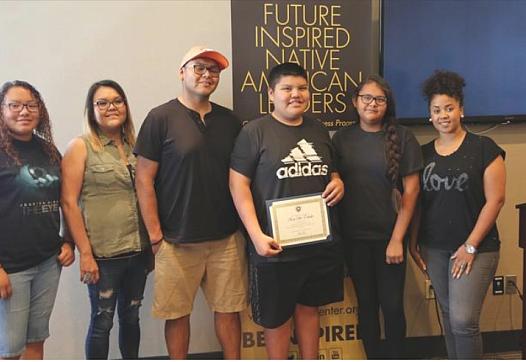
A collaborative effort between Phoenix-area nonprofit social service agencies is trying out new ways of supporting the estimated 90,000 Native Americans and Alaska Natives who live in the Phoenix metro area.

A collaborative effort between Phoenix-area nonprofit social service agencies is trying out new ways of supporting the estimated 90,000 Native Americans and Alaska Natives who live in the Phoenix metro area.
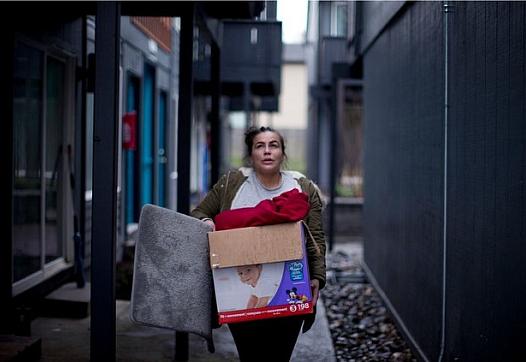
This is the first in a three-part series that examines the impact of Portland's housing crisis on children. This series was produced with the support of the University of Southern California Annenberg Center for Health Journalism and its Dennis A. Hunt Fund for Health Journalism....
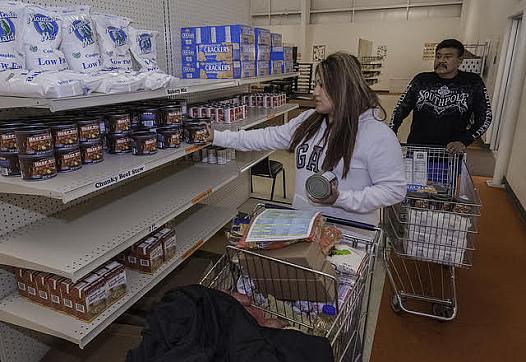
Trump's new budget wants to replace a portion of food stamp benefits with a box of "shelf-stable" items. For Native families who have endured such government-issued provisions in the past, that's a horrifying prospect.
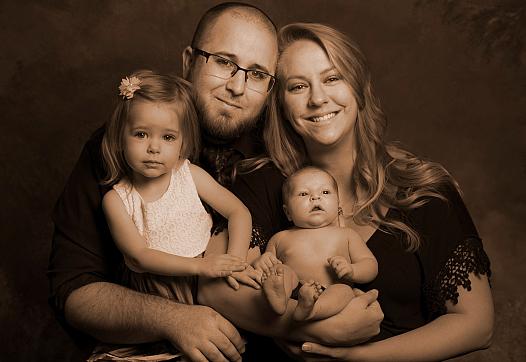
When Jessica Porten sought help for postpartum depression, she wasn't expecting the nurse to call the police to escort her to the ER. She now believes moms need far better help for their mental health needs.
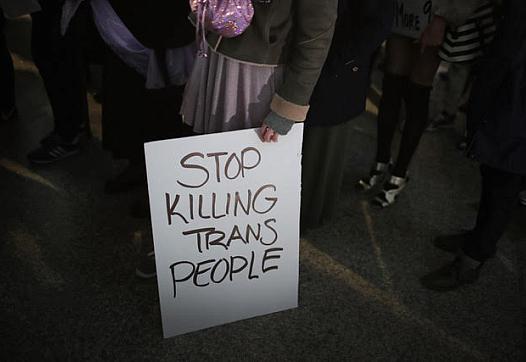
Young black and Latina transfeminine people are at an increased risk for homicide compared with their non-transgender peers, research finds.
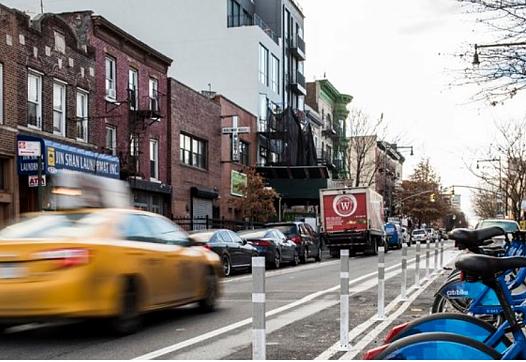
When neighborhoods change, it doesn’t just affect long-term residents’ housing options. It might be making them sick.
![[Photo by Wyncliffe via Flickr.]](/sites/default/files/styles/teaser_list_thumbnail_large/public/title_images/unnamed_154.jpg?itok=gzL2iGOw)
The new budget deal includes funding for the Maternal, Infant and Early Childhood Home Visiting program for five years.

One of the busiest free clinics in the state of North Carolina closed its doors in 2016. A reporter decided to find out what that meant for the health of the county's disproportionately poor residents.
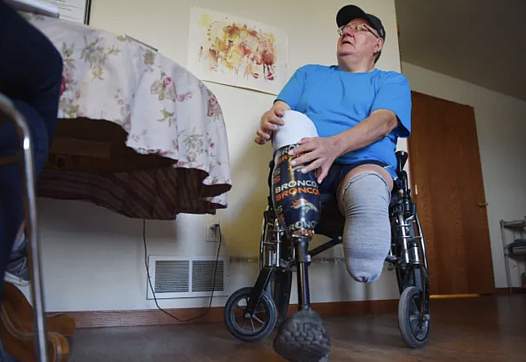
The Argus Leader reviewed hundreds of pages of federal hospital inspection records and legal filings as part of a monthslong investigation into the facilities. And reporters met with dozens of tribal members on visits to the Rosebud and Pine Ridge Indian Reservations.
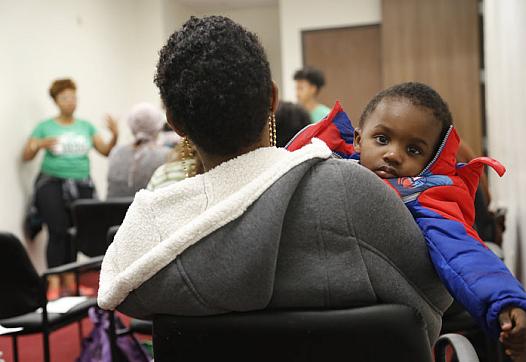
The first 1,000 days of nutrition can set a child’s course for life or perpetuate a cycle of poverty.